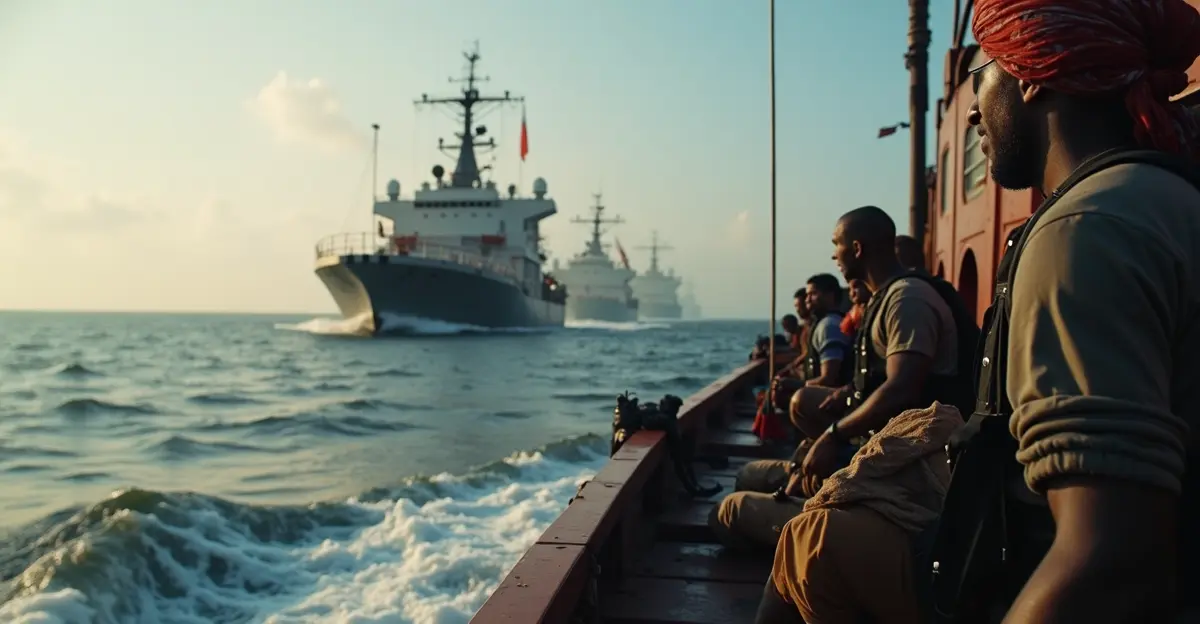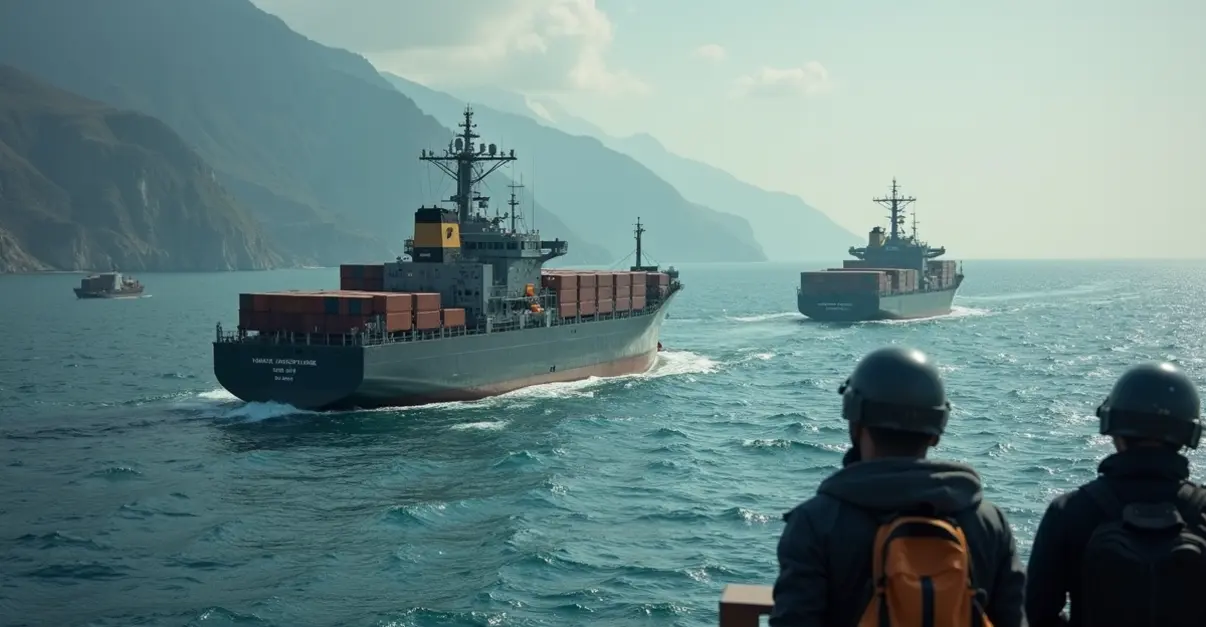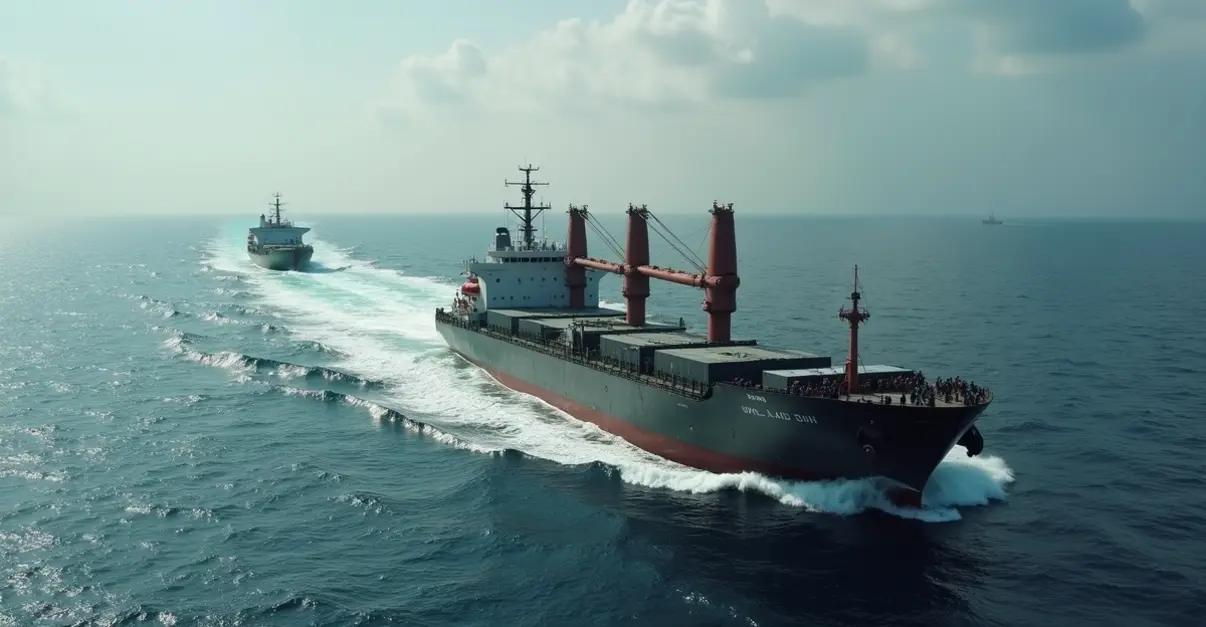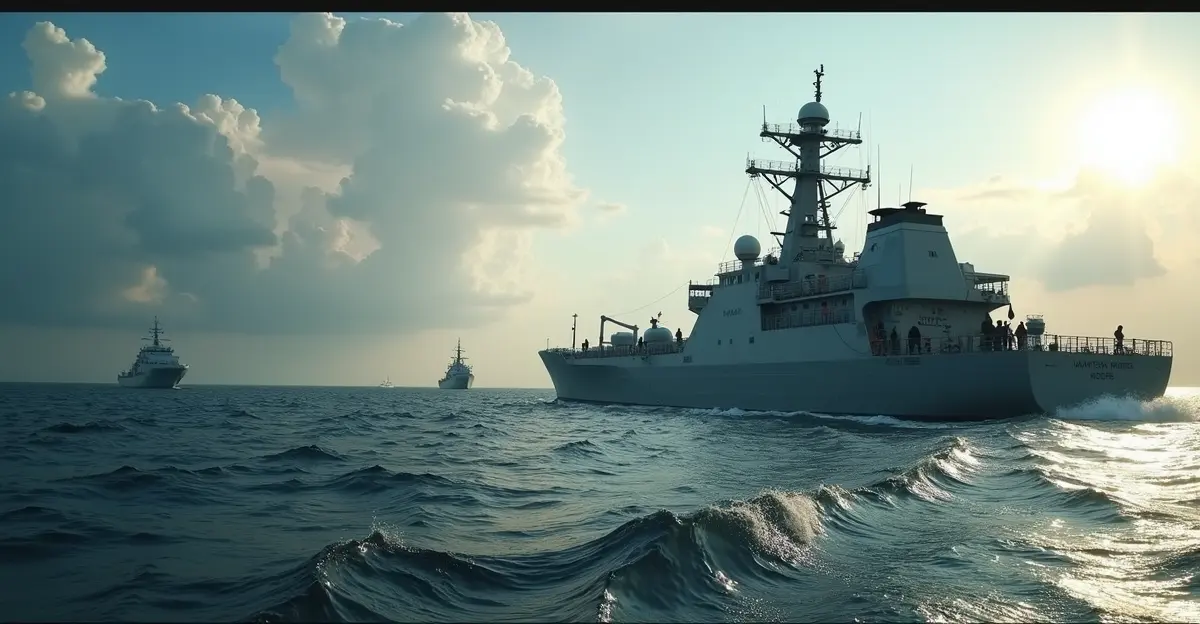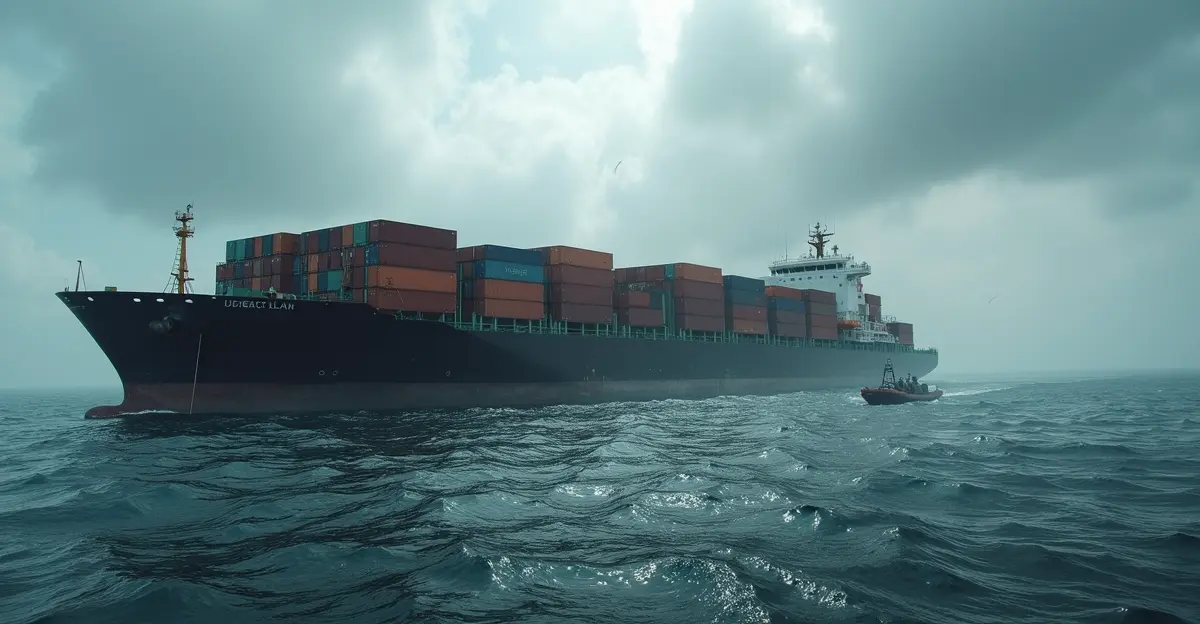Piracy Incidents Spike 50% in 2025
Global maritime piracy has experienced a dramatic resurgence in 2025, with incidents surging by nearly 50% compared to the same period last year. According to the International Maritime Bureau, the first quarter of 2025 saw 45 reported piracy incidents worldwide, marking the highest mid-year total since 2020. The situation has become so concerning that the UN Secretary-General has called for immediate international cooperation to address the root causes, including poverty and weak governance in affected regions.
Regional Hotspots and Evolving Tactics
The piracy threat has concentrated in three main regions: Southeast Asia, particularly the Singapore Strait with 36 incidents; the Gulf of Guinea, where 13 crew members were abducted in just two incidents; and the Gulf of Aden, where suspicious approaches involving swarming tactics have been reported. 'What we're seeing is a fundamental shift in pirate tactics,' explains maritime security analyst Maria Rodriguez. 'They've moved from simple cargo theft to sophisticated operations involving crew abductions, vessel hijackings, and coordinated multi-boat attacks that overwhelm traditional defenses.'
International Naval Coordination Intensifies
In response to the escalating threat, international naval forces have significantly increased their coordination efforts. The NATO Allied Maritime Command has been leading operations through its Standing NATO Maritime Groups, while the Indian Navy maintains continuous deployment in the Gulf of Aden since 2008. Recent joint exercises like the Africa-India Maritime Engagement and operations by Combined Task Force 151 demonstrate the growing international commitment to maritime security.
Insurance Industry Responds to Rising Risks
The insurance sector has been forced to adapt quickly to the changing risk landscape. Marine insurance premiums have seen significant increases, with war risk premiums jumping from 0.07% in late 2023 to 0.5-0.7% by early 2025. 'The insurance market is reacting to the clear and present danger,' states insurance expert David Chen. 'We're seeing not just premium increases but also more stringent requirements for security measures before coverage is granted. Shipping companies operating in high-risk zones now face tenfold increases in some cases.'
Merchant Shipping Companies Adapt
Commercial shipping companies are implementing comprehensive security measures in response to the heightened threat. The 2025 BMP Guide provides updated maritime security and anti-piracy strategies that emphasize proactive risk management and enhanced situational awareness. Major carriers like Maersk and Hapag-Lloyd have been rerouting vessels away from high-risk areas, adding 10-15 days to voyages via the Cape of Good Hope rather than traditional routes through the Red Sea.
Economic Impact on Global Trade
The piracy resurgence is having tangible economic consequences. Shipping costs are rising due to longer routes, increased fuel consumption, and higher insurance premiums. These additional costs eventually diffuse into consumer prices for energy and essential goods. 'Piracy has become a built-in surcharge for global maritime trade,' notes trade economist Sarah Johnson. 'What was once considered an occasional disruption has now become a persistent operational cost that affects everything from oil prices to consumer electronics.' The cumulative impact on global supply chains could potentially reach billions of dollars annually if current trends continue.
Future Outlook and Preventive Measures
Looking ahead, maritime security experts emphasize the need for continued international cooperation and investment in preventive measures. The development of alternative livelihoods in piracy-prone regions, improved law enforcement capabilities, and enhanced information sharing between naval forces and commercial shipping are seen as crucial long-term solutions. As one naval commander involved in anti-piracy operations remarked, 'This isn't just about protecting ships—it's about safeguarding the arteries of global commerce that affect every consumer worldwide.'

 Nederlands
Nederlands
 English
English
 Deutsch
Deutsch
 Français
Français
 Español
Español
 Português
Português
